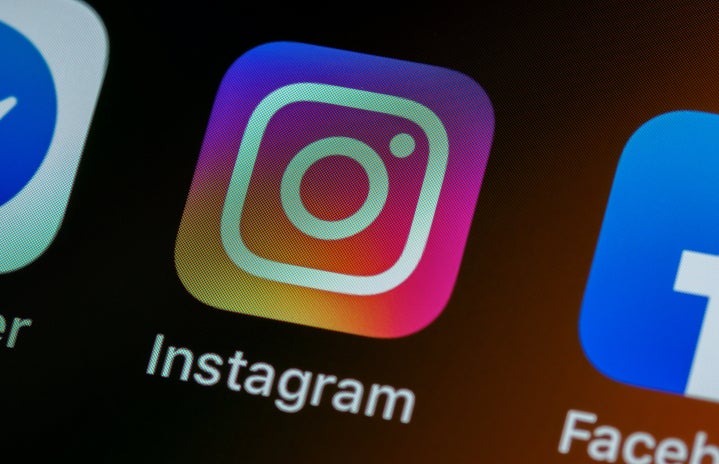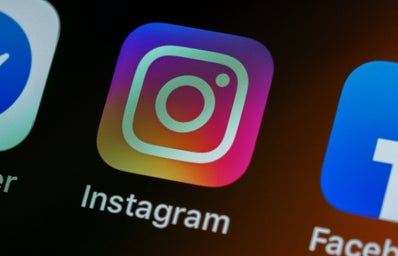I originally thought about making a simple “Facebook” about my opinion on #deletefacebook, but then I realized the post would fall into the trend of opinion posts I so often roll my eyes at when I scroll on my feed. So, I decided to make this article.
I’m not deleting Facebook.
Cue the uproar of controversy.
You can see throughout the past couple of weeks that there have been many dissenting opinions about the fate of Facebook users’ accounts. These opinions have amassed with the congressional hearing with the CEO of Facebook Mark Zuckerberg. Before he became the CEO of Facebook, Mark was just like us. He was a college student dealing with classes and anxiety about the future even though this was pre-Great Recession. However, unlike us, Mark caught a break and with friends and roommates stumbled upon an idea to change the face of social networking for college students, and eventually people all around the globe.
If you’ve been under a rock and haven’t heard about it, the publicized scandal that has caught the attention of everyone around the world is the Cambridge Analytica Facebook data breach that led to the trending hashtag #deletefacebook. As per research I had to conduct for a financial analysis and forecasting class (don’t take it (research wasn’t a quick google, it was legit as it was for academia purposes) I obtained the essentials on the situation. You see, there was a company called SCL, Strategic Communication Laboratories Group, that has long existed in the U.K. With the help of the former Trump administration strategist, Steve O’ Bannon (cue the eye roll), and magnate Robert Mercer (there’s always a rich guy), millions of dollars were poured into SCL to create “Cambridge Analytica”. The company had always acted like a PR company focused on the political landscape, but with the shiny new upgrade, it set its sights on American politics. Touting buzzwords like “big data” and “strong ties” to American figures, Cambridge Analytica was rising through the ranks.
The whole data problem comes into play when three years ago Aleksandr Kogan, a Cambridge University academic developing a personality quiz app in which users consented to share their data along with their friends, was permitted access to Facebook users’ data, and as the story is told, then shared the data of an estimated over 87 million users with Cambridge Analytica. Fast-forward to the 2016 Presidential Election, and Cambridge Analytica used its stored data to attract the attention of the Trump administration’s political campaign because of its ability to better profile and target voters. Now there are other questionable aspects of the company that have been exposed and criticized, like its admission during a secret footage of participating in sleazy practices to gain influence over those in power.
But essentially, now that you have the rundown, we can get to why I for one will not be deleting my Facebook account. The internet is a powerful tool, a largely underrated one by those who use it on the daily for trivial matters. And you know what they say about powerful tools- it is up to whoever has it in their hands to decide what they create or destroy with it. So, what these online companies who amass data on us have is what we put out for them to have. They’re not forcing us to put our information or minds out there. Sure, they may entice us and use FOMO as a tool to lure information and opinions out of us, but think of the many Tinder matches or cute guys at Starbucks you just can’t find any trace of online; they chose to have it that way.
My own Facebook profile hasn’t seen any real activity since before I graduated high school- that’s almost five years! So, why do I even keep it, regardless of the scandal then?
Is it laziness? Disbelief that it’ll really be gone? It’s capacity to be a nice virtual directory to stalk others? It’s more than that. You see, Facebook wouldn’t still be so relevant and a huge deal if it didn’t have redeeming qualities. These qualities are the pages, groups, and connections you can create for almost anything and with almost anyone. From being able to access thousands of our peers through class groups and have the ability to return lost items, or find out about events on campus or near us, as well as interact with companies and popular figures- the benefits of keeping my account well surpasses the hysteria that some people have bandwagoned onto since the scandal broke out.
That said, those in my age group know very well and have been warned since high school about what we post online, so I definitely advocate for being informed and aware of what we put out into the web. And as always, to be successful you will be subject to criticism. It is a matter of weighing the scale because nothing and no one is perfect…

